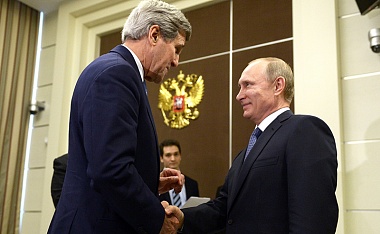TPP Implementation Relies Heavily on US Congress
Negotiations between the 12 participating Pacific Rim countries are currently at a standstill. The Trade Promotion Authority (TPA) bill, which would give President Obama the authority to fast track the trade pact, has been delayed due to congressional recess. And although the Senate finally passed the bill last week, the House of Representatives has yet to make its decision.
If the TPA bill passes, Congress will not be able to amend the negotiated trade agreements. Congress will only be able to either accept or reject the trade pact in its entirety. If this bill does not pass, there are fears that U.S. amendments to TPP terms will return negotiations to step one. For this reason, the countries participating in negotiations commonly agree that that the TPA bill should be passed.
Behind the bill’s delay is a spreading skepticism toward free trade among U.S. Congress members. The belief that free trade will take away U.S. jobs and impact the economy has spread not only to the strongly protectionist Democratic Party, but also to some members of the Republican Party. Members of Congress from states with many manufacturing bases are opposed to the repeal of taxes on automobile parts.
As the value of the dollar rises, many more are beginning to believe that measures curbing foreign exchange operations should be incorporated into the bill. Although the bill that passed through the Senate settled on weak government restrictions, the House of Representatives might make changes and submit a different bill.
The TPP may be in danger if the TPA bill is delayed because of adjustments from the Senate and the House. As next fall’s presidential election draws closer, it is not unlikely that anti-free trade feelings could increase even more as the U.S. political season draws near.
Furthermore, there are many difficult issues to discuss during TPP negotiations, such as the unification of the protection period for copyrights and medical data. In order to advance the negotiations, Japan must also take up a position of leadership.
The acceleration of trade and investments and the spread of high quality regulations throughout Asia and the Pacific will promote economic prosperity in the area. A critical moment is approaching, and it will decide whether the TPP will be implemented and become a driving force behind this.

